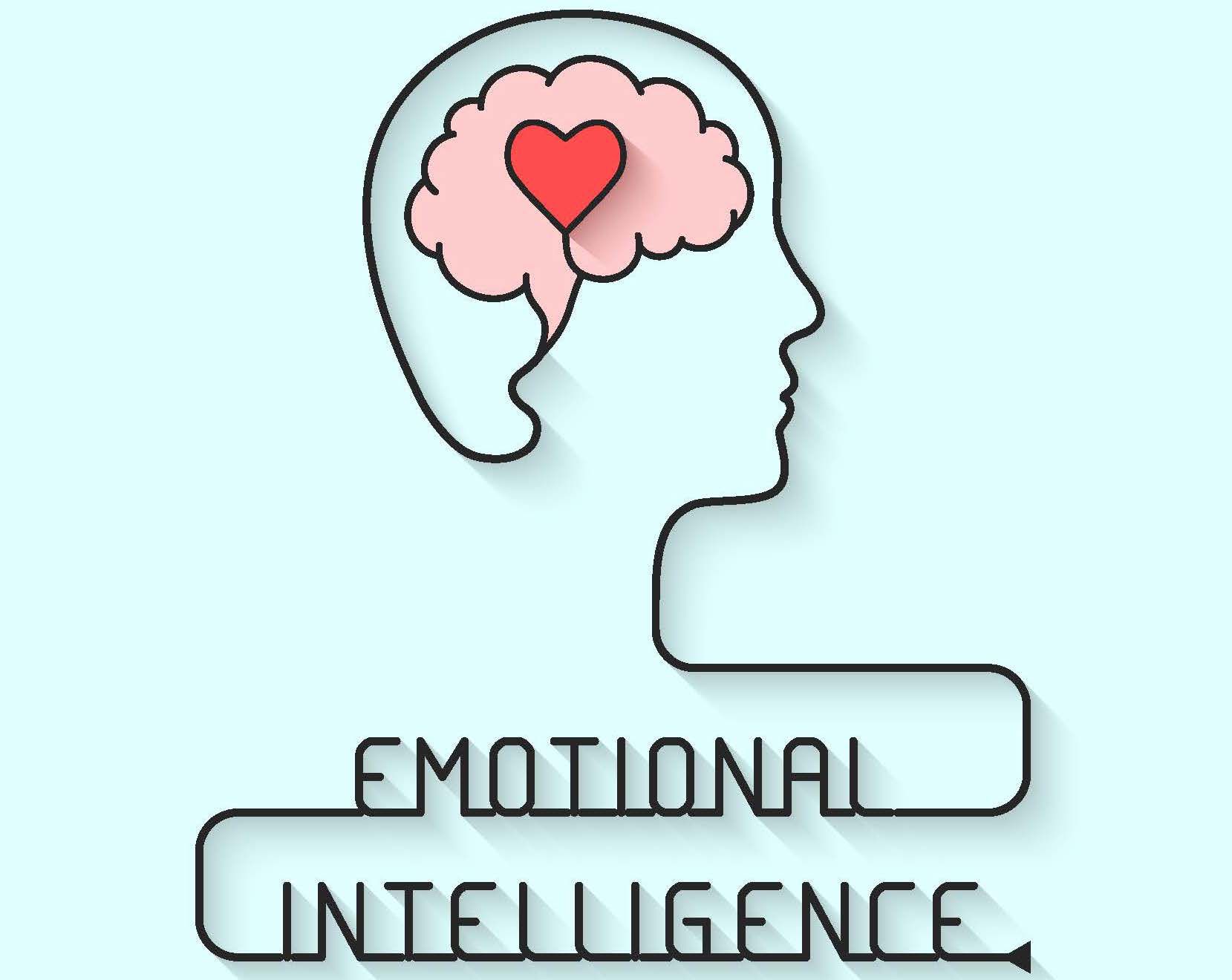 Image Source: Teach Hub
Image Source: Teach Hub
Emotional intelligence (EI) has emerged as a cornerstone of workplace excellence. Unlike technical expertise, emotional intelligence is the ability to interpret, understand, and manage one’s own emotions—and respond thoughtfully to the emotions of others. As today’s business landscape demands stronger collaboration, adaptability, and leadership, EI is increasingly being valued by organizations for its direct impact on productivity and culture.
Key Highlights of Emotional Intelligence in the Workplace
Employees and leaders with high emotional intelligence communicate more effectively, handle stress better, and foster productive relationships.
Companies that prioritize EI report improved teamwork, higher retention rates, and more inclusive work environments.
Modern hiring trends place EI above technical skills for many roles, reflecting the shift toward relationship-driven performance.
What Is Emotional Intelligence?
Emotional intelligence refers to four core abilities:
Recognizing personal emotions as they arise.
Understanding and empathizing with others’ emotional states.
Managing your responses, especially under pressure or conflict.
Harnessing emotional insight to guide decisions, motivate teams, and build trust.
People with strong EI listen actively, anticipate colleagues’ needs, and resolve issues constructively. In workplace settings, this translates to smoother workflows, resilient teams, and better employee morale.
Why Emotional Intelligence Is Crucial at Work
Enhances Communication Skills
Employees attuned to emotional cues adjust their tone, listen actively, and articulate ideas with clarity, reducing misunderstandings and encouraging collaborative discussions.
Workplaces that foster emotionally intelligent communication support open feedback and more effective meetings.
Reduces Workplace Stress
High EI helps employees respond calmly to pressure, preventing frustration and burnout.
Composed teams sustain healthy engagement levels and productivity even in demanding circumstances.
Develops Strong Leadership
Leaders with emotional intelligence are adept at giving feedback, supporting team members during hardships, and navigating organizational change.
EI-driven leadership establishes trust, boosts morale, and cultivates a culture that values continuous improvement and growth.
Improves Conflict Resolution
Recognizing emotional triggers and addressing them constructively leads to de-escalation and pragmatic solutions instead of disruption.
Emotionally intelligent teams transform disagreements into opportunities for learning and stronger cooperation.
Strengthens Teamwork and Collaboration
High EI enables employees to align with group goals, adapt to challenges, and value diverse perspectives.
Teams that respect different emotional responses excel at brainstorming, share responsibilities smoothly, and tackle problems as a unit.
Fuels Innovation and Creative Thinking
Environments that encourage emotional awareness help employees feel safe sharing new ideas and taking risks.
Open, emotionally intelligent workplaces generate more thoughtful solutions and foster ongoing business growth.
Boosts Retention and Career Longevity
EI enables professionals to build lasting relationships, cope with feedback, and adapt to new roles or changes.
Organizations with emotionally intelligent managers witness higher retention rates and more engaged, productive employees.
Encourages Accountability and Responsibility
Employees aware of how their emotions affect others are more likely to take ownership of their work and respond positively to feedback.
Self-regulation and empathy fuel reliability, job satisfaction, and overall workplace happiness.
The Business Impact of Emotional Intelligence
Companies where emotional intelligence is emphasized see greater customer satisfaction, more resilient teams, and consistent top-level performance.
Research shows that 90% of top workplace performers possess high emotional intelligence, with corresponding increases in earnings and professional advancement.
Conclusion
Emotional intelligence is essential for personal and organizational success, commanding a place alongside technical competence in every sector. Organizations that nurture EI create cultures of respect, adaptability, and trust, directly improving retention, innovation, and long-term growth. In an era where automation and rapid change are transforming job roles, mastering emotional intelligence is the ultimate skill for navigating tomorrow’s workplace.
Sources: Lumenalta, Changing Point, Dr. Selhub, Hans Schumann, Forbes, CMI
Advertisement
Advertisement






